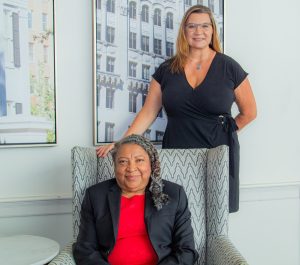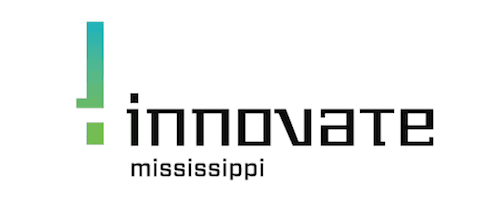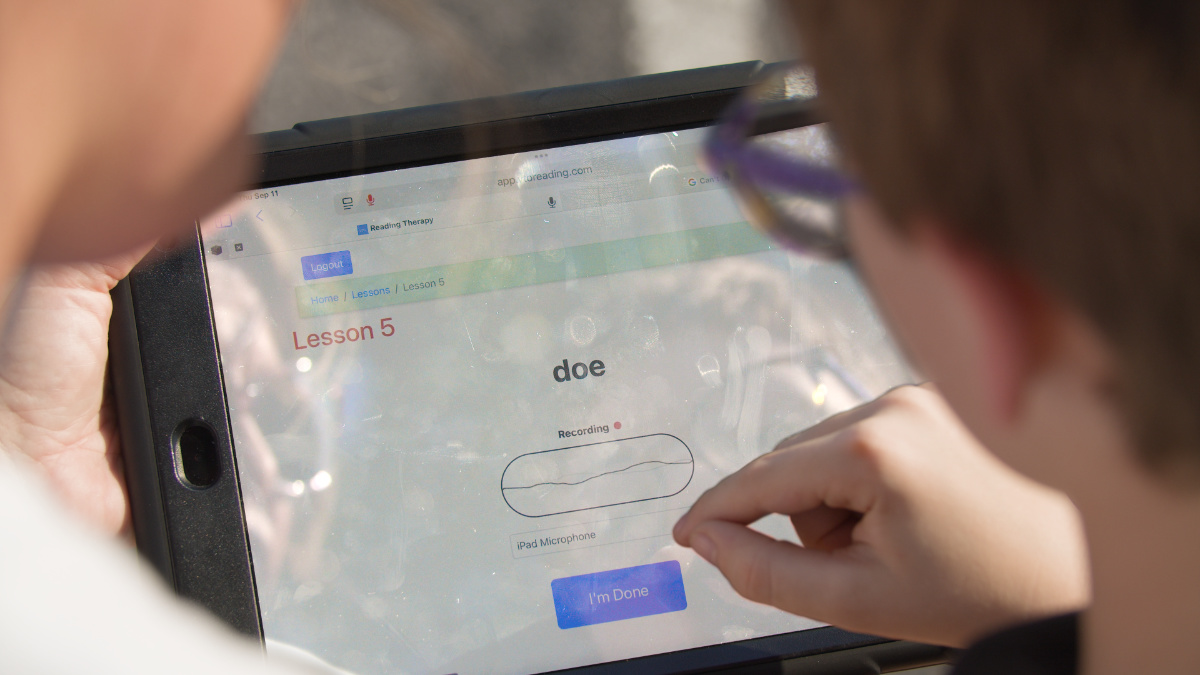The idea for Vertical Take-Off was born from a timely opportunity. While participating in a research-to-practice learning group, dyslexia therapist and nonprofit leader Leta Palmiter learned from Kelli Butler of the Barksdale Reading Institute about a U.S. Department of Education grant opportunity supporting the development of technology-driven reading tools. When she realized her non-profit couldn’t qualify for federal SBIR funding, she founded a for-profit business, Iluminations LLC, and pursued the grant. She didn’t get that one, but—five applications later—has now secured SBIR funding for the project.
The name “Vertical Take-Off,” suggested by her husband, an aircraft engine mechanic for the U.S. Navy, reflects the urgency of helping children—particularly those with dyslexia—”take off” in reading without waiting for a long runway. The goal was to develop a software product that made learning to read easier, more enjoyable, and rewarding.
Palmiter partnered with Ben Stasa, a PhD candidate in electrical and computer engineering at Mississippi State University. Staa had been developing voice recognition and speech analysis technology, initially aimed at advertising applications. Through customer discovery, his work shifted toward speech therapy—an ideal complement to Palmiter’s focus on reading. Together, they’ve built Vertical Take-Off to deliver individualized, sound-level practice that supports both reading teachers and speech therapists.

The Vertical Take-Off platform is currently a web-based application that works across devices with a microphone. Teachers and therapists can assign practice sessions, while students log in to complete short, personalized exercises. The system not only measures accuracy at the sound level but also provides progress monitoring—an essential feature in today’s schools. The team is now preparing to add gamified experiences to keep students engaged while building the daily practice habits that drive success.
Vertical Take-Off is already gaining traction. Palmiter’s team recently became the first small business in Mississippi to win a federal SBIR grant from the USDA, enabling pilot programs in rural schools across Mississippi and Alabama. Early feedback from teachers, parents, and students is guiding improvements, such as the addition of headsets for more precise sound capture in classrooms. As Palmiter notes, the product is designed not to replace instruction but to ensure students receive “perfect practice” between sessions, thereby promoting long-term adoption.
“Leta is making impressive strides with VTO’s traction in schools and stands out as a founder who knows her gaps and moves fast to put feedback into action,” said Trevor Acy, senior project manager with the Center for Entrepreneurship and Outreach at MSU Vicksburg. MSU Vicksburg is VTO’s regional partner for the CoBuilders program.
For Palmiter, the CoBuilders experience has provided critical structure, mentorship, and investor readiness. She points to Mississippi’s national recognition for improving reading scores as proof that the state has the expertise—and Innovate Mississippi offers the ecosystem—to support education technology ventures like hers. With Pitch Day ahead, Palmiter and her team are preparing to show how Vertical Take-Off can scale across the nation, helping every student gain the reading and speech practice they need to thrive.
Produced by Innovate Mississippi, CoBuilders offers high-growth startups early investment, mentorship, and a 12-week intensive program culminating in Pitch Day at the annual Accelerate conference each November.
Watch Palmiter live on stage at the 2025 Accelerate Conference! Get your tickets now at accelerate.innovate.ms.

